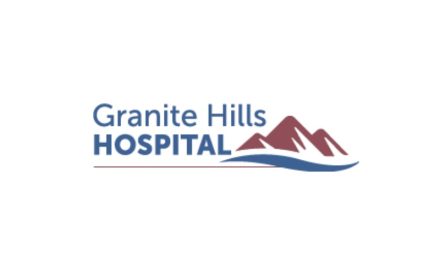
Workers’ compensation advisory council to consider cost containment, opioid proposals

The management side of an advisory council charged with offering updates to Wisconsin’s workers’ compensation system released a series of cost containment proposals last week, including resurfacing a plan for a fee schedule long opposed by Wisconsin healthcare providers.
The labor side of the Worker’s Compensation Advisory Council at its Tuesday meeting proposed a package of reforms aiming to minimize the use of opioids and help workers who become addicted.
Management proposed developing a medical fee schedule that would go into effect by Jan. 1, 2023.
They also asked that the Department of Workforce Development certify databases for the fee dispute resolution process that are based on fees paid to providers, rather than what providers charge for services.
Management would like to allow employers to direct care for the first 90 days of treatment, outside of emergency room care. And they’d like to require that providers caring for workers’ compensation patients use electronic systems for billing, receiving payments and transmitting medical records.
They’re also proposing establishing treatment guidelines that would have to be followed by providers unless they receive pre-authorization from an insurer.
“We proposed a comprehensive cost containment strategy that includes common sense policies that are in place in many other states because employers continue to flag the high costs as a major competitive disadvantage,” said Chris Reader, co-chair of the council and senior director of workforce and employment policy at Wisconsin Manufacturers & Commerce. “The package will move our state from an extreme outlier to middle of the pack on medical bills for workplace injuries.”
Providers condemned the proposals. Wisconsin Hospital Association CEO Eric Borgerding noted that in May, the Wisconsin Compensation Ratings Bureau recommended a 5.4 percent reduction in workers’ compensation premium rates starting Oct. 1, which would be the sixth consecutive year of rate cuts.
The decrease is still subject to approval by the Office of the Commissioner of Insurance.
Borgerding said data show Wisconsin workers receive healthcare with outcomes that are the best or among the best in the country.
“It’s disappointing that management representatives would propose, again, 1970s-style government rate setting for workers’ compensation rather than encourage insurers to negotiate price and payment terms with healthcare providers, as the insurers do for group health and increasingly even government programs.” Borgerding said. “Government setting prices, coupled with the workplace deciding where people injured at that workplace can get care, doesn’t make sense.”
Reader said the declining rates are due to a decrease in the number and severity of injuries, saying that’s not a reason to “turn our backs to extreme and unreasonable bills.”
Mark Grapentine, Wisconsin Medical Society chief policy and advocacy officer and a healthcare liaison to the council, said the fee schedule has “been debunked so thoroughly by now.” Fee schedule proposals haven’t moved forward in the state Legislature.
The labor members of the council have proposed a series of opioid-related initiatives, including educating injured workers on alternative treatments for chronic pain, asking providers to use good judgment in the use of opioids, limiting physician dispensing of opioids for a workplace injury to a seven-day supply and clarifying that a physician referral is not needed for treatment by a physical therapist.
“We feel it’s imperative that we have to address the opioid epidemic in Wisconsin and to make sure that any workers who are injured on the job who become addicted to opioids have a way to recover from that and also to offer alternatives to opioids in treating workplace injuries,” said Stephanie Bloomingdale, co-chair of the council and Wisconsin State AFL-CIO president.
Bloomingdale said they’re always looking for ways to contain costs, but the question is how to do it. She said they want to maintain the state’s “first-class” workers’ compensation system with healthcare.
Grapentine said that much of labor’s proposal on opioids makes “good sense,” including the goal of providing the least amount of opioids for an injured worker and ensuring coverage if there are signs of addiction.
“We are fine with limiting physician dispensing to a set limit – that can help prevent overdoses or diversions,” he said.
Labor members of the council have also proposed building on state law so that public-facing essential workers who become sick with COVID-19 are assumed to have caught it on the job if they’ve been exposed to confirmed cases of COVID-19 or work for an employer who has had five or more workers contract the virus. The provision would apply indefinitely in regards to COVID-19 and also apply to future novel viruses.
This article first appeared in the Wisconsin Health News daily email newsletter. Sign up for your free trial here.





